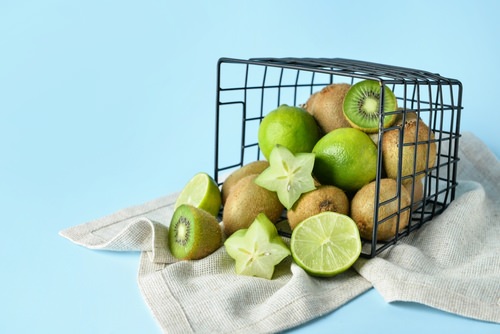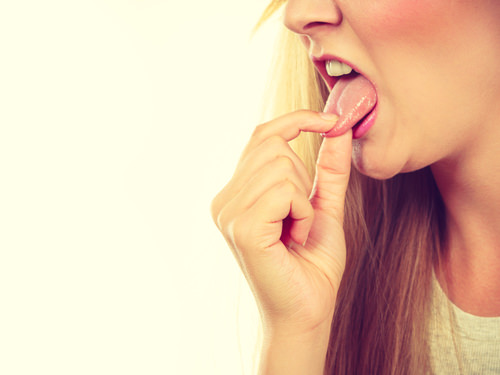Why Does Kiwi Burn My Tongue? How To Stop Kiwi From Burning Tongue? Keep reading to find out the answers in this informative article!
Kiwi is a popular fruit for its unique flavor and many health benefits. However, it also causes a mild burning sensation in the mouth of some individuals. Why so? Let’s find out the reason behind this unpleasant experience and ways to heal your tongue after eating kiwi.
Why Does Kiwi Burn My Tongue?
Kiwifruit is a rich source of actinidin enzymes, whose primary function is to digest protein in food. However, sometimes, these enzymes trigger allergic reactions in children and adults that lead to a burning sensation in the tongue. Furthermore, kiwifruit also contains oxalates, kiwellin, and thaumatin, which are also responsible for the sensation.
How to Heal Tongue After Eating Kiwi?
If you want to get relief from the burning sensation on the tongue, check out these steps:
- First, take a glass of cold water and rinse your mouth multiple times.
- Next, eat your favorite ice cream or popsicles to get instant relief from the burning sensation.
- After that, consume a bowl of cold yogurt to soothe your burning tongue.
Note – If your issue persists even after using the above home remedies, consult an expert physician.
How To Stop Kiwi From Burning Tongue?
Follow the below preventive measures to stop kiwi from burning your tongue:
- Opt for ripe kiwis, as they contain lower levels of actinidin, the enzyme responsible for the tingling sensation.
- Kiwi’s skin can exacerbate the burning feeling. That’s why peel the fruit before consumption.
- Eating kiwi with dairy products like yogurt or cream can reduce the possibility of irritation and a burning feeling on the tongue.
Note – If you are allergic to kiwifruits, then these measures are not helpful for you. In such a case, avoid the consumption of kiwi.





